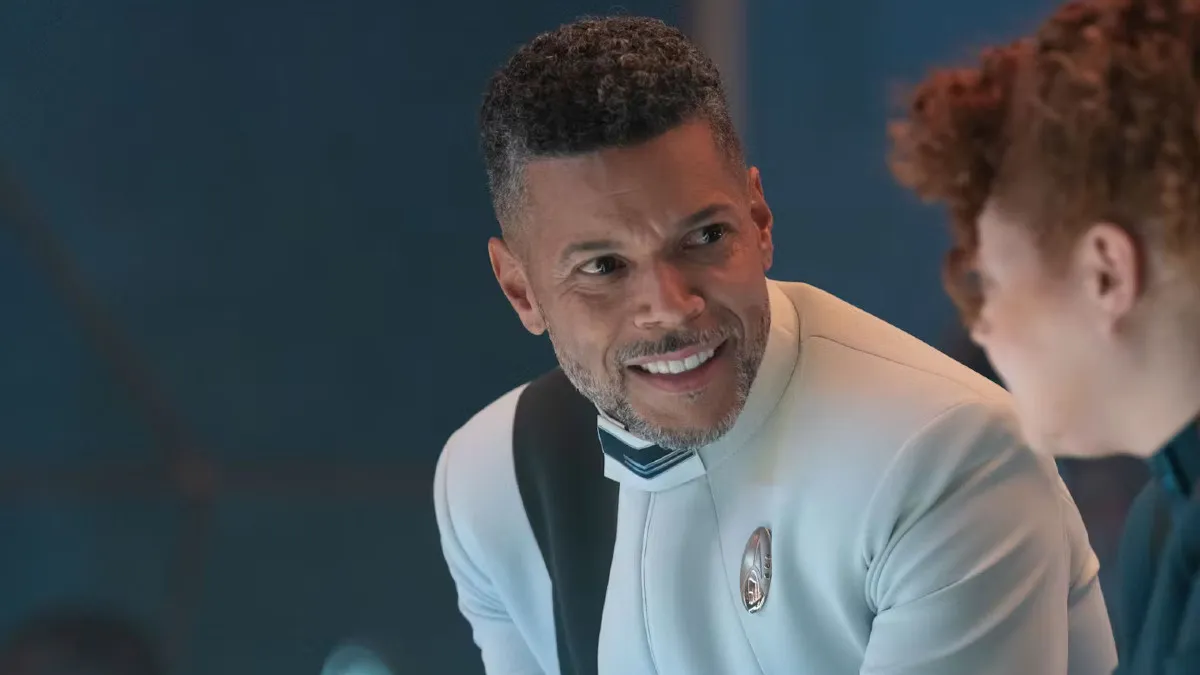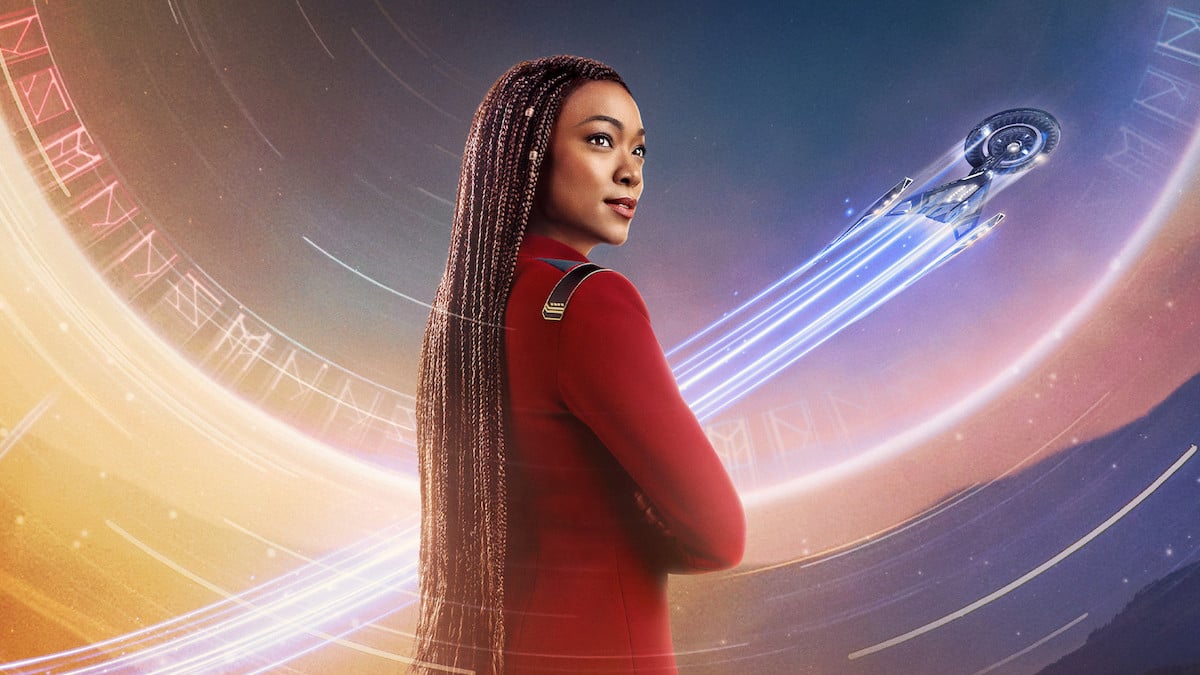The final season of Star Trek: Discovery wrapped up the series beautifully and poignantly. The season finale explored Michael Burnham’s perfectionism and fear of failure. Yet, there was one important lesson I expected the captain of Discovery to learn that the show sidestepped entirely.
Michael Burnham is an amazing, complex character who’s been a joy, if intermittently frustrating, to watch for five seasons. Ever since Michael started a war with the Klingons, was arrested for mutiny, and was reinstated to commander in season one of Discovery, she’s been overcorrecting to atone for her mistakes while missing the point. She was imprisoned for taking it upon herself to decide what needed to be done to prevent a war.

Since then, Michael’s shame over her arrest, her fear of failure, and her perfectionism steered her to put pressure on herself to be The One to Save Everyone. It has to be her. No one else can solve the problem. And while she’s always leaned on her crew and had a great relationship with them, in the end, it’s always her who has to be the “special one” to do the thing. In spite of everything that happened over five seasons (and 900 years, give or take), Michael remained convinced that it was her responsibility, and hers alone, to solve all problems and set them right.
In the final season of Discovery, it seemed that the show was emphasizing the power of the group and of everyone’s talents, and just about every character on the show learned that no one person has the right to dictate how another autonomous individual lives.
We saw these themes repeatedly play out throughout the season. We saw it with Book, who had to learn that he doesn’t get to make decisions for Mol, Michael, or the Federation. He was punished for his actions against the Federation in season four, and this season, he learned that he could try and be there for Mol, but he couldn’t force her to accept help she didn’t want.
We saw it with Culber, whom Book asked if he was “tired of knowing all the answers.” Throughout the season, he had to learn how to not always have the answers or to decide when and how he can help others. While his spiritual journey was presented a bit clumsily, the bottom line was that we had a man of science becoming more comfortable with a spiritual outlook because of his experience with having a Trill symbiont temporarily residing in his mind. He learned to be more open to what other outlooks had to teach him.

Stamets had to deal with not getting to decide how Culber and Adira, the two people he cares for most in the world, take on risk. Despite his impulse to keep them safe and close, they are autonomous adults who deserve the opportunity to step up to the plate and serve the crew however they can. Stamets also had to be willing to let go of learning more about the Progenitor technology, putting his desires around his scientific legacy to the side.
And finally, Rayner had to learn how to connect with the crew on a personal level, earning their trust, and allowing him to rely on them so they could operate as a team
I assumed that, among the other lessons Michael learned throughout the season, she’d learn that even as captain she doesn’t need to be the Sole Savior. That not only does she not need to be the sole arbiter of right and wrong, but that she shouldn’t. Her insistence on deciding for everyone else is exactly what got her arrested in the beginning of the show.
I’d hoped that, when Michael finally reached a Progenitor, she would have become enlightened enough not only to learn that “no one person” should have the technology, but also that no one person should get to decide what to do with it. I’d assumed that the Progenitor herself would’ve made that clear to Michael: that her decision about what to do with the tech should be arrived at with a group.
Instead, the Progenitor basically said, “I trust you to make this decision,” and Michael unilaterally decides to let the tech go. She could have formed a small, multi-species council to decide how to handle the tech. You know, like several scientists did over centuries, working together to hide the tech until someone worthy came upon it again. But no. Once again, Michael Burnham is the only one who gets to determine “the right thing to do.”
So, while Burnham has changed a lot over five seasons, one fundamental aspect of her personality not only never changed, but was never even challenged. It was a small hitch that kept a really good finale from being great.









Published: Jun 7, 2024 01:17 pm